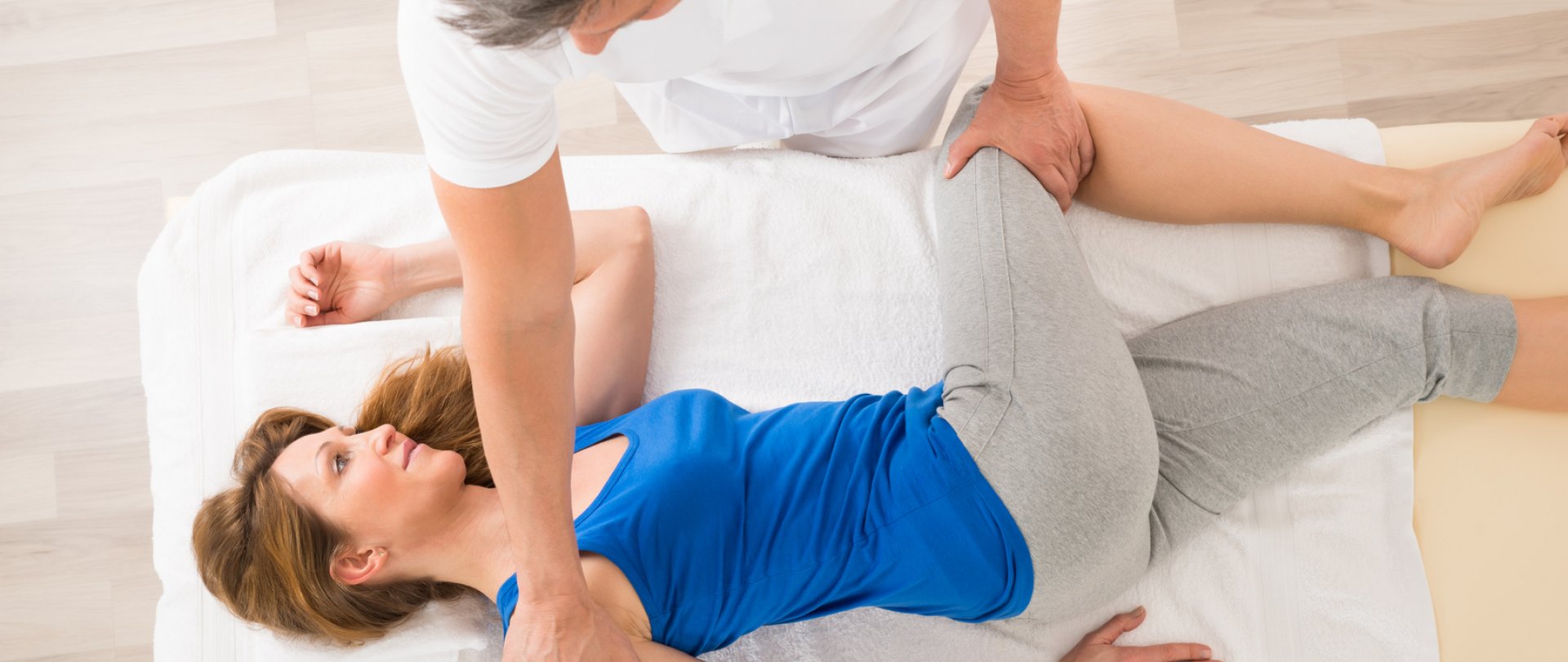The spine does not like immobility, so how to prevent discopathy?
It is estimated that every second adult in Poland experiences some back pain to a lesser or greater extent. These problems are associated with modern life: we tend to move less and replace physical activity with sitting in front of the computer or TV, and instead of going to the store on foot, we usually opt for the car. We slouch and spend hours behind the desk, not really paying attention to our posture, we don't care about our diet, we don’t move at all. This is why even younger people experience complications associated with back pain.
What is discopathy?
Discopathy is defined as the illness of the sedentary. It is an illness based on the protrusion of the nucleus of intervertebral discs. It is the initial state of degenerative illness of the spine. Discopathy most commonly affects the cervical and lumbar sections of the spine, rarely the pectoral section.
Symptoms of discopathy – an avalanche of problems
This condition is characterized by pain in the back, which may radiate to the knees, hips or feet. The segment of the spine, which is subject to slipped discs, stiffens up while the muscles become numb and tense. It may happen that the patient experiences an abnormal sensation in the limbs.
A slipped disc, besides pain, also limits the mobility of the affected area of the spine and may also lead to lower limb nerve paresis, problems with potency and libido as well as disorders of the rectum, bladder and sphincter.
How to prevent discopathy? As soon as possible!
The well-known saying “prevention is better than the cure” fits discopathy perfectly – taking care of the spine from an early age translates into better health in the future. This relates not only to taking supplements, but to changing our basic habits to take a great deal of strain from the spine. Thus, to avoid this condition, you should apply the basic principles of prevention:
- Rather than bending the spine, remember to use your hips and knees, for example, if you want to pick up something from the floor, squat down instead of bending on outstretched legs.
- Do not make any rapid movements.
- Once bent, return to the starting position slowly, one vertebra at a time. Perform spine stretching several times a day. Strengthen your buttocks, abdominal and back muscles – they help you to maintain the correct posture and their proper functioning takes a great deal of strain from the spine.
- When you sneeze, remember to keep your head back.
- Focus on regular exercises to enhance and stretch your body, improve circulation and strengthen the muscles.
You should also focus on the health of your spine – especially during prolonged sitting, such as in your workplace. It is also worth following the following rules:
- Change position frequently to avoid immobility. The spine likes squirming, leaning, straightening and slouching – it is much better than spending protracted periods in the same position.
- Take breaks – walk, stretch, work out. If you can, lie flat on your back for a moment to give your spine time to rest and restore the discs.
- Avoid stress and smoking, both of which have a negatively affect on the spine and increase the risk of illness.
Prevention of discopathy, besides physical activity and avoidance of sudden loads on the spine, also includes losing weight as well as relieving muscle tension caused by stress. How? This can be done by performing appropriate exercises and massages with relaxing properties. Is also recommended to perform exercises in water, which are also suitable for people who have already been diagnosed with discopathy.
The fate of your spine is in your hands – you decide whether it will be healthy and work properly for many years to come. If you take proper care of it, take the strain from it and make sure that it works in the right position, you can be sure that you will be able to minimise the risks associated with pain and other unpleasant symptoms of disc herniation. You only have one spine – it is good to remember this!


































